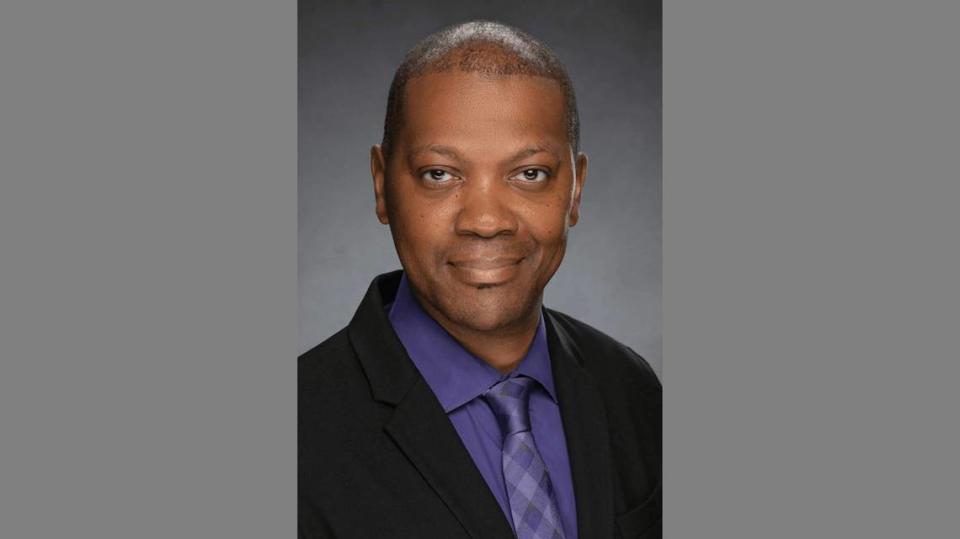Don’t let negative, false narratives overtake the success story of Black America| Opinion

The sense of pride I felt while watching the opening ceremony for the 2021 Tokyo Olympics took me back to my proudest moment as a newly elected Southlake city councilman in July 2019, at the city’s Stars and Stripes celebration on July 3.
“Brother, brother — you’re a councilman?” said a gentleman who approached me as I walked through the crowd. “I’m proud of you. I’m from Nigeria. People say, ‘Nigeria?! What a great country.’ But America is the only country where people can attain success regardless of where they’re born or the color of their skin.”
I think of this conversation often, in part because the media rarely depicts Black Americans as patriotic. Most Black people I know are proud to be American. In fact, I would imagine that even Frederick Douglass, who famously took the nation to task for maintaining slavery in his July 5, 1852, speech titled “What to the Slave is the Fourth of July?,” would be amazed at the country’s progress.
We, as a nation and as a people, have come a long way since the abolitionist penned his scathing rebuke to the nation’s “hypocrisy.”
“In the last 75 years, a vast black middle class has developed,” wrote Brown University economist Glenn C. Loury in a recent City Journal post. “There are Black billionaires. The influence of Black people on the culture of America is stunning and has global resonance. Some 40 million strong, Black Americans are the richest and most powerful population of African descent on the planet.”
Yes, crime rates, fatherlessness, lack of quality educational opportunities and high rates of incarceration remain hurdles to the advancement of Black people, but it would be grossly unfair to assign these avatars as the predominant tribunes to the Black experience.
In fact, data shared by BBC News in 2020 makes clear the gains being made. As of 2019, fewer Black people lived in poverty, and more had completed four years of higher education (26%), than ever before, and the unemployment rate among Black people reached a record low, 5.5%, in September 2020.
Failing to acknowledge these accomplishments robs Black youths of the hope they must harness to achieve their dreams.
It’s nauseating to see the spells cast by the glowering visages of Ta-Nehisi Coates, Ibrahim Kendy and Nikole Hannah-Jones, whose works dominate much of dialogue regarding Black America, for they peddle hopelessness, despair and the bleak notion that to be Black in America is a hurdle impossible to overcome.
This false narrative, rife in woke, anti-racist circles, is Orwellian in its disavowal of Black agency.
This reality became personal for me in 2018, when a friend asked me to talk to his teenage son, who he said expressed hopelessness about his future as a Black male in America. I was floored. This kid is growing up in a family with successful, affluent parents and living in an enviable U.S. community.
“Everything I see on TV or read makes the future look bleak if you’re a Black male,” said the youth.
Candidly, at that moment I realized the exigency of successful Black Americans telling our stories, making clear that there has never been a better time in history to be Black and American. Our kids need to hear this from us; we cannot trust that they’ll hear it elsewhere.
Recently, I asked my daughter if she wondered why I’ve never mentioned Black history month. “Because it’s a part of American history?” she answered.
Correct, I said.
“America is your country, too,” I added. “Don’t ever allow anyone to convince you otherwise.”

 Yahoo Movies
Yahoo Movies 